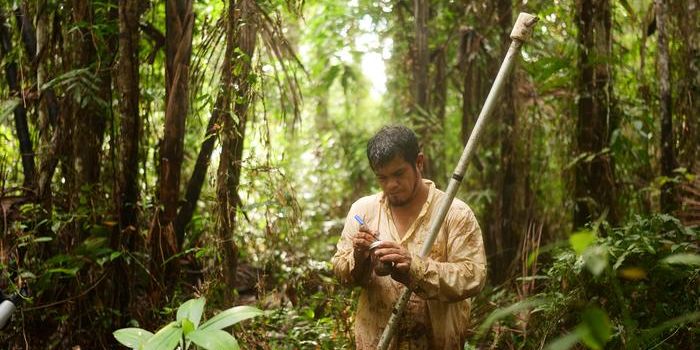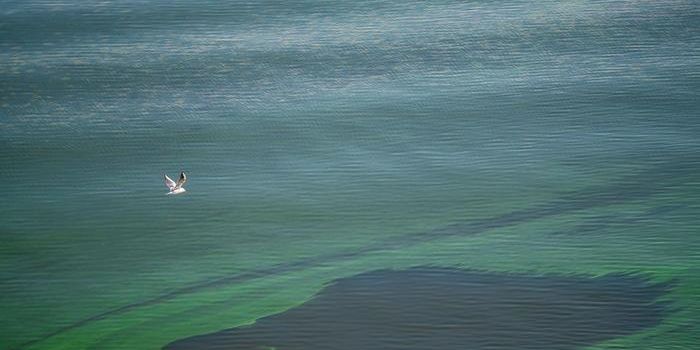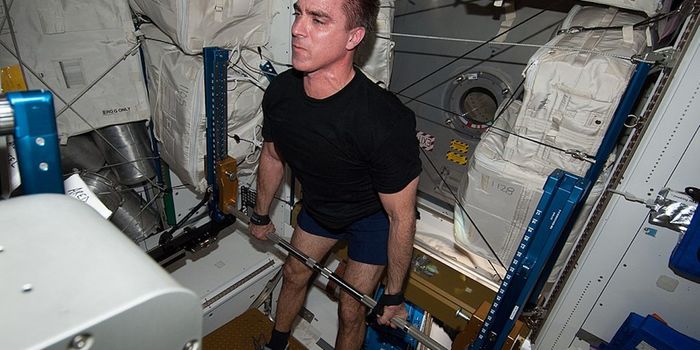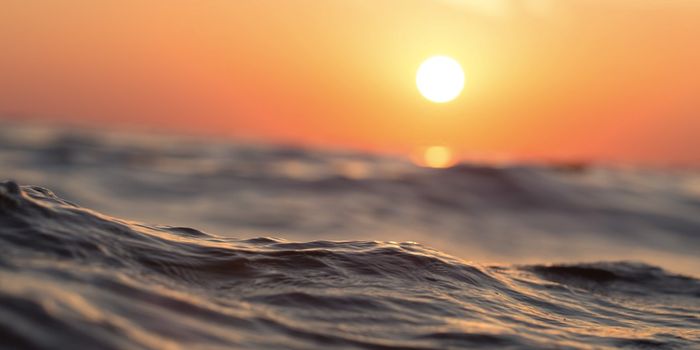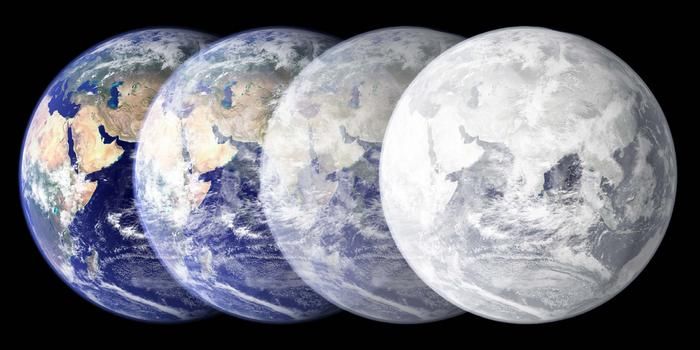Climate Extremes, Risks, and Flooding | Mari Webb, PhD Student at the University of Nevada, Reno | Grad Student Highlights
Watching the sunset on a camping trip in the desert. (Credit: Drake McCrimmon)
Mariana "Mari" Webb is a 3rd-year Hydrology PhD student at the Universty of Nevada, Reno (UNR) and the Desert Science Institute (DRI) whose research focuses on climate extremes, with an emphasis on the drivers and impacts of flooding. Webb is a recipient of the National Science Foundation (NSF) Graduate Research Fellowship Program (GRFP), and is under the advisement of Dr. Christine Albano. This comes after earning her Bachelor's Degree in Geogrpahy and Environmental Earth Science from Dartmouth College, followed by working at Denali National Park in Alaska through the National Park Service's Geoscientists-in-the-Park program, then a water resource engineering firm on FEMA flood mapping.
"While I enjoyed the variety of the work I was exposed to, I continually wished I could delve deeper into the scientific questions at the root of the projects we were working on," says Webb. "It was after a year of working for the firm that I knew I wanted to pursue an advanced degree so I would have the skills and scientific understanding to answer the complex questions that continued to arise during my work." For her current research, Webb is studying how antecedent conditions can enhance flooding from atmospheric rivers.
Climbing near Mammoth Lakes, California. (Credit: Mariana Webb)
"This work is especially relevant right now as the West Coast is being battered by a parade of atmospheric rivers, resulting in widespread flooding across California," says Webb. "My results suggest that wet antecedent conditions can increase peak flow volumes by an order of magnitude. I’m also looking at how inundation from a modern megastorm, modeled after the month-long storm that flooded California’s Central Valley in 1862, would impact people and infrastructure in the Truckee River Watershed. This is exciting work and I’m grateful for the opportunity to study it."
Webb says she got interested in her field of study in her very first semester of undergrad when one of her professors invited her into their research group processing ice samples from Greenland, and Webb was immediately hooked. She proceeded to gain experience via multiple labs, an internship with the NASA DEVELOP capacity building program in partnership with the Chilean Ministry of Agriculture, after which she wrote her senior honors thesis about estimations regarding snow and glacier contributions to agricultural irrigation in Central Chile.
"My senior year, I had the opportunity to fly to Washington D.C. and present some of my work to stakeholders at the NASA Headquarters," says Webb. "By this point, I was hooked on research and excited about a career focused understanding the connections between the climate system, water resources, and natural hazards within the larger context of global climatic change to help communities build resiliency and mitigate risk. My dad, also a scientist, has consistently been an inspirational figure and supporter along the way. He has built his career on connecting science to people and I am motivated to do the same."
Hiking to Gem Lake in Inyo National Forest. (Credit: Drake McCrimmon)
Webb points out schedule flexbility as something she appreciates about grad school, saying self-structuring will become a valuable skill she will use the rest of her life. She also enjoys spending time outdoors in the surrounding Reno area, noting her ability to get into running, backcountry skiing, and climbing.
"I have a wonderful advisor who is a big advocate for me," says Webb. "I really appreciate that my advisor is helping me to get exactly what I want out of my grad school experience. Ultimately, I see grad school as step along the path towards a future career. I want to have a research-based career, and a Ph.D. is the experience I feel will set me up best for that. So, when there are challenges, I try to think about the bigger picture."
Webb says one challenge that sge believes faces both grad students and herself is the ability to connect their work back to people and applications, noting it's something she considers a priority and has wrestled with, as well.
Watching the Great Reno Balloon Race with graduate school friends. (Credit: Mariana Webb)
"I am shifting into developing my research questions alongside decision makers and practitioners," says Webb. "I want my research to have a purpose and measurable impact, which I am learning can be achieved via effective science communication and collaboration from the start. I know I want to integrate citizen science, science policy, and science grounded in real-world applications into my work."
Webb says upon earning her PhD, she aspires for a water management research career somewhere on the West Coast, saying she doesn't consider academia as the part of her path.
"Working in an applied science setting would be a great way to engage with interesting questions that are relevant to communities and decision makers," says Webb. "It seems like there is good job security in hydrology, as water issues are only growing in their importance and severity."






